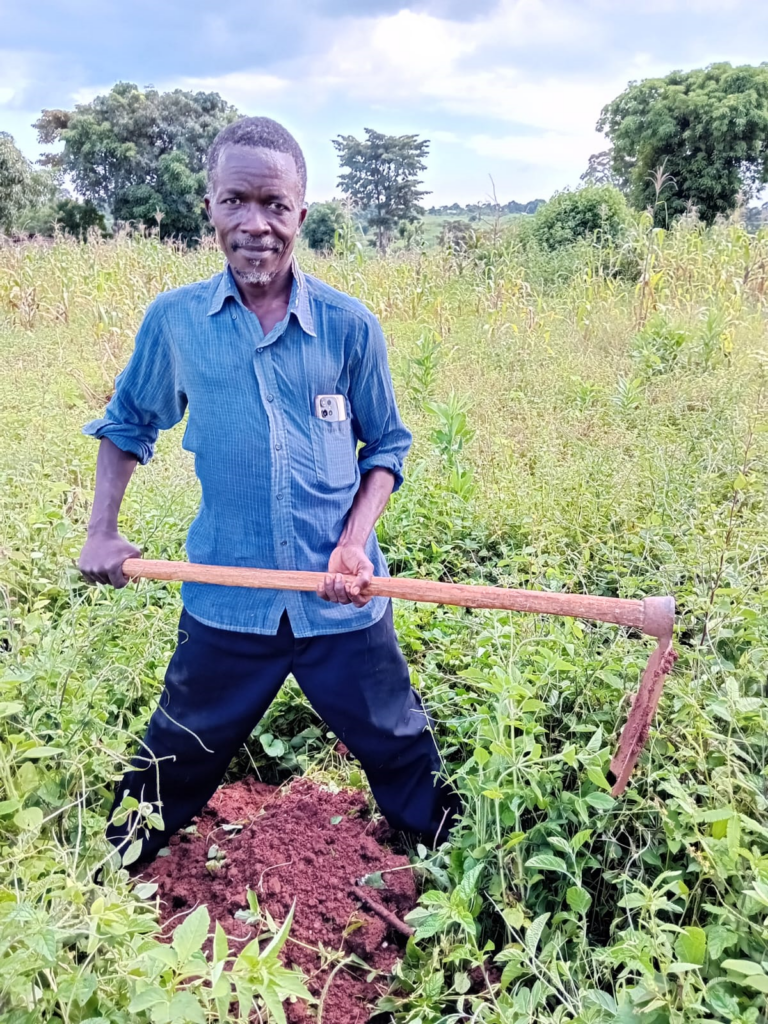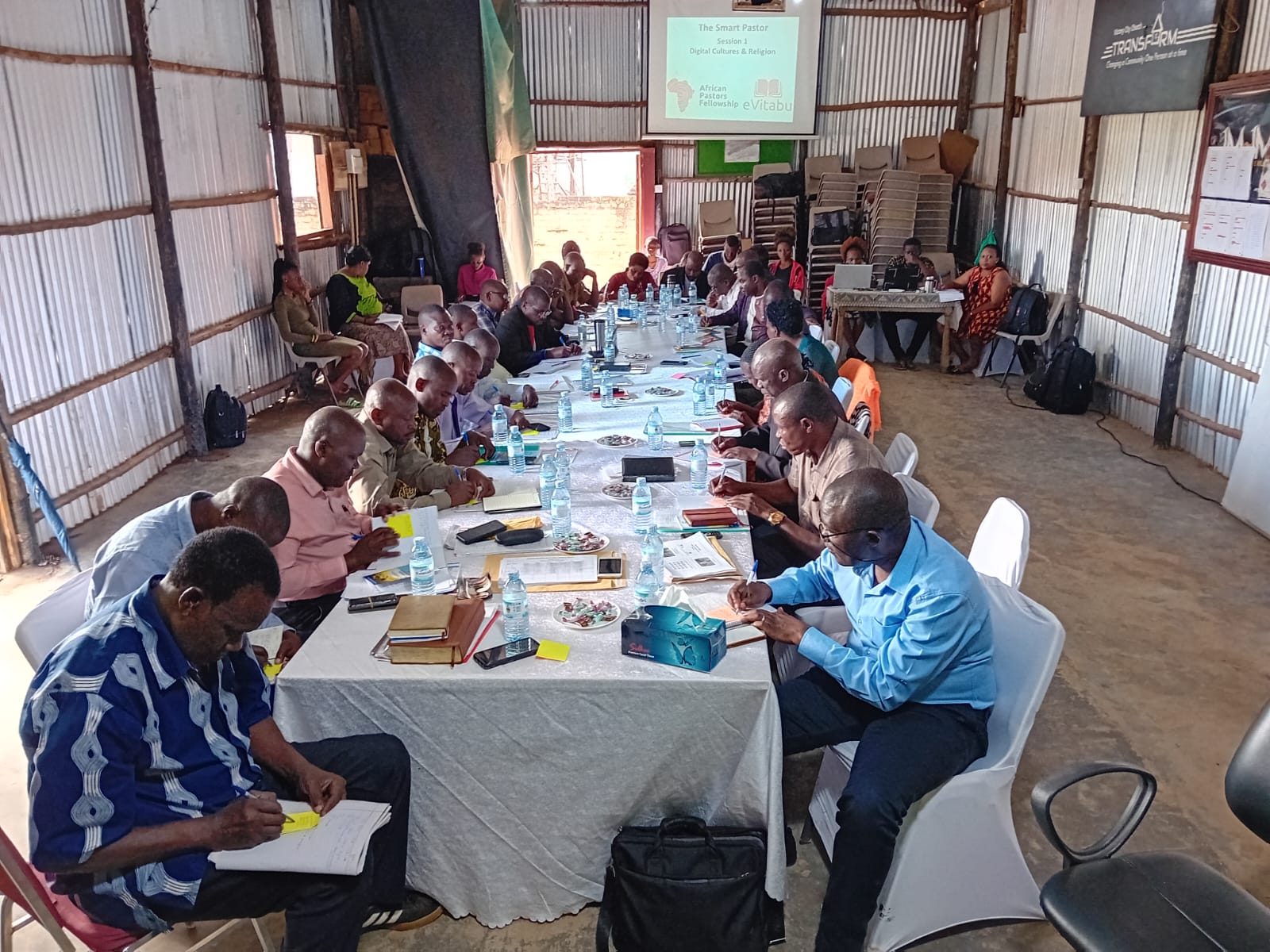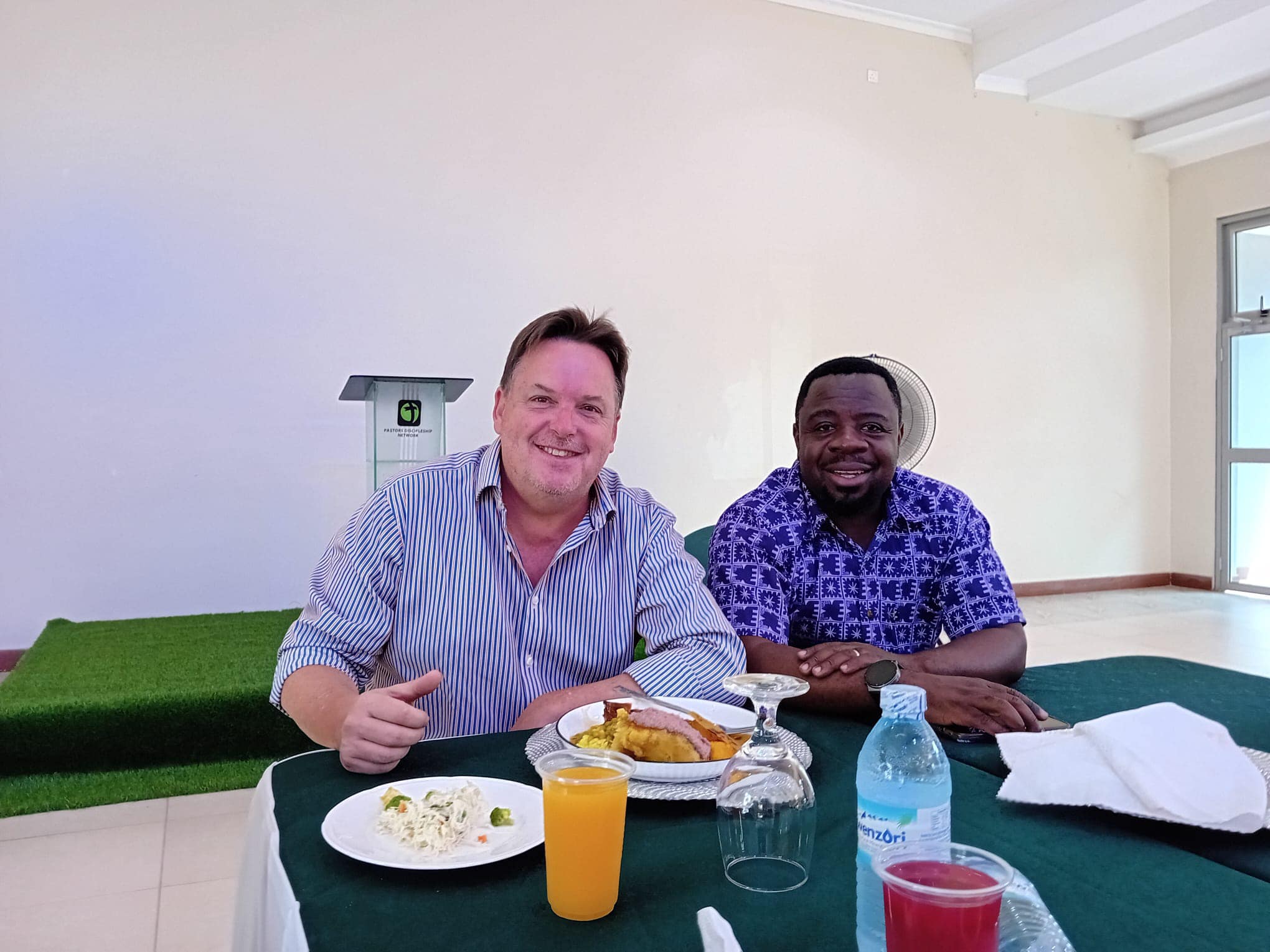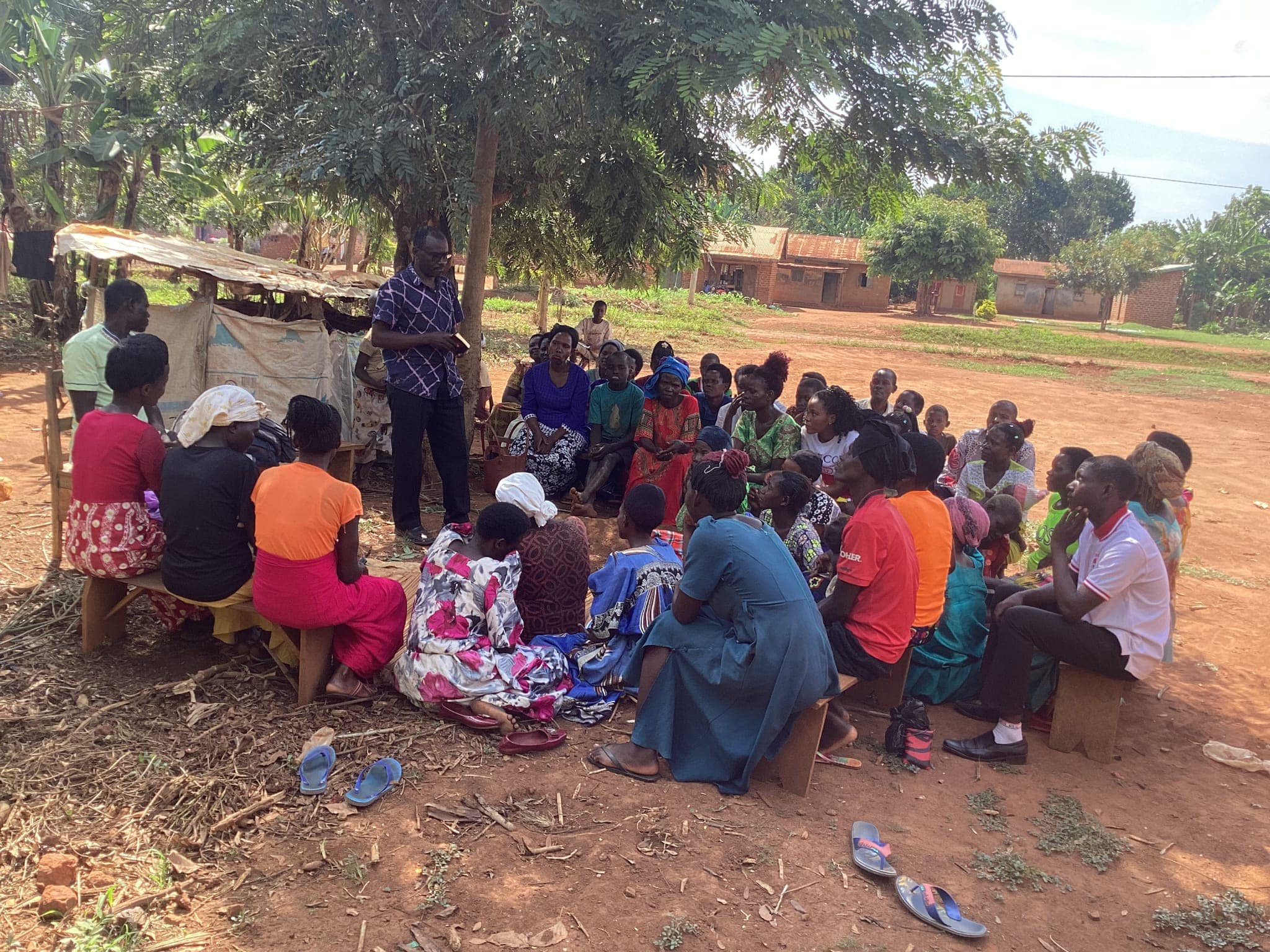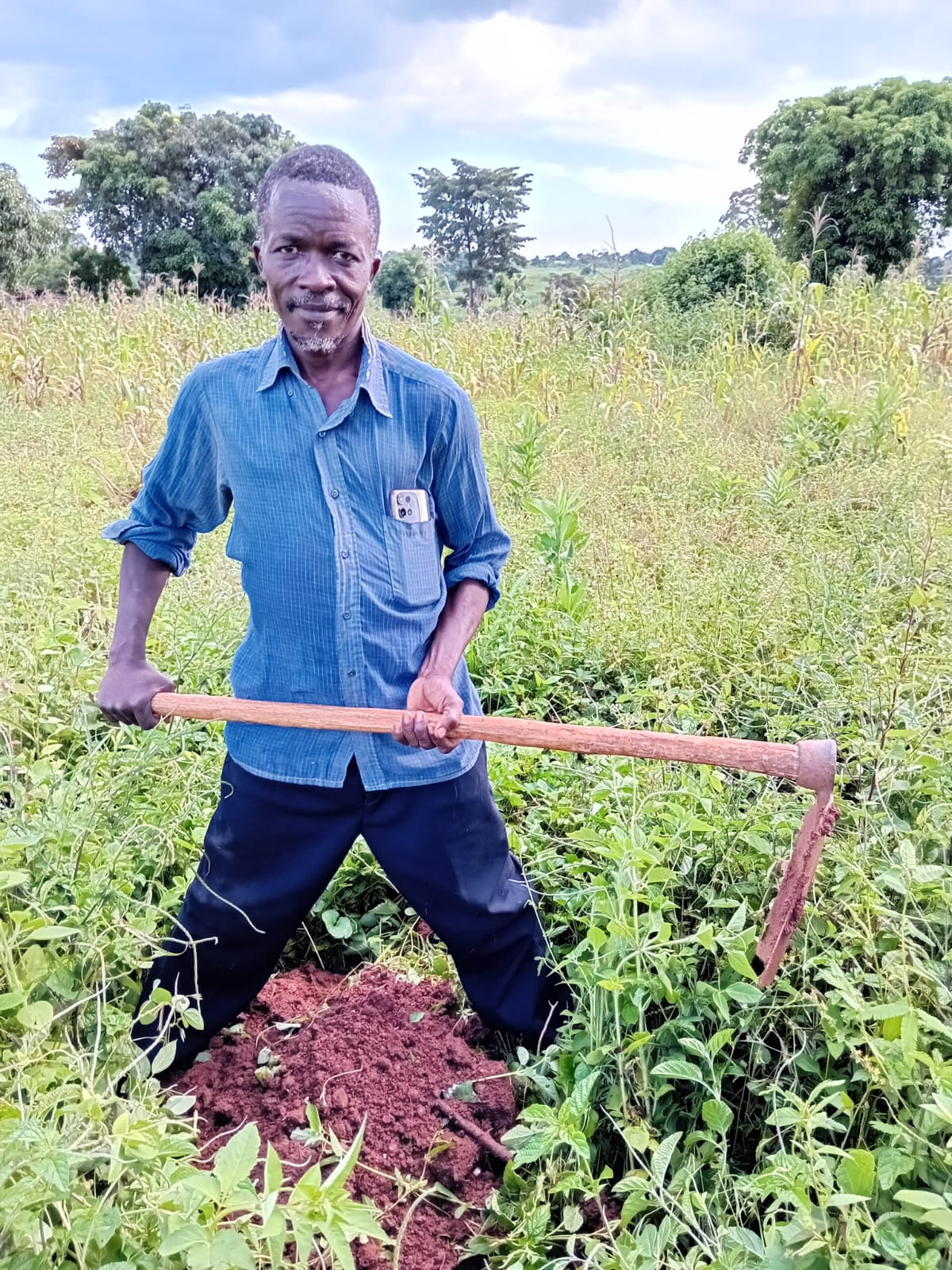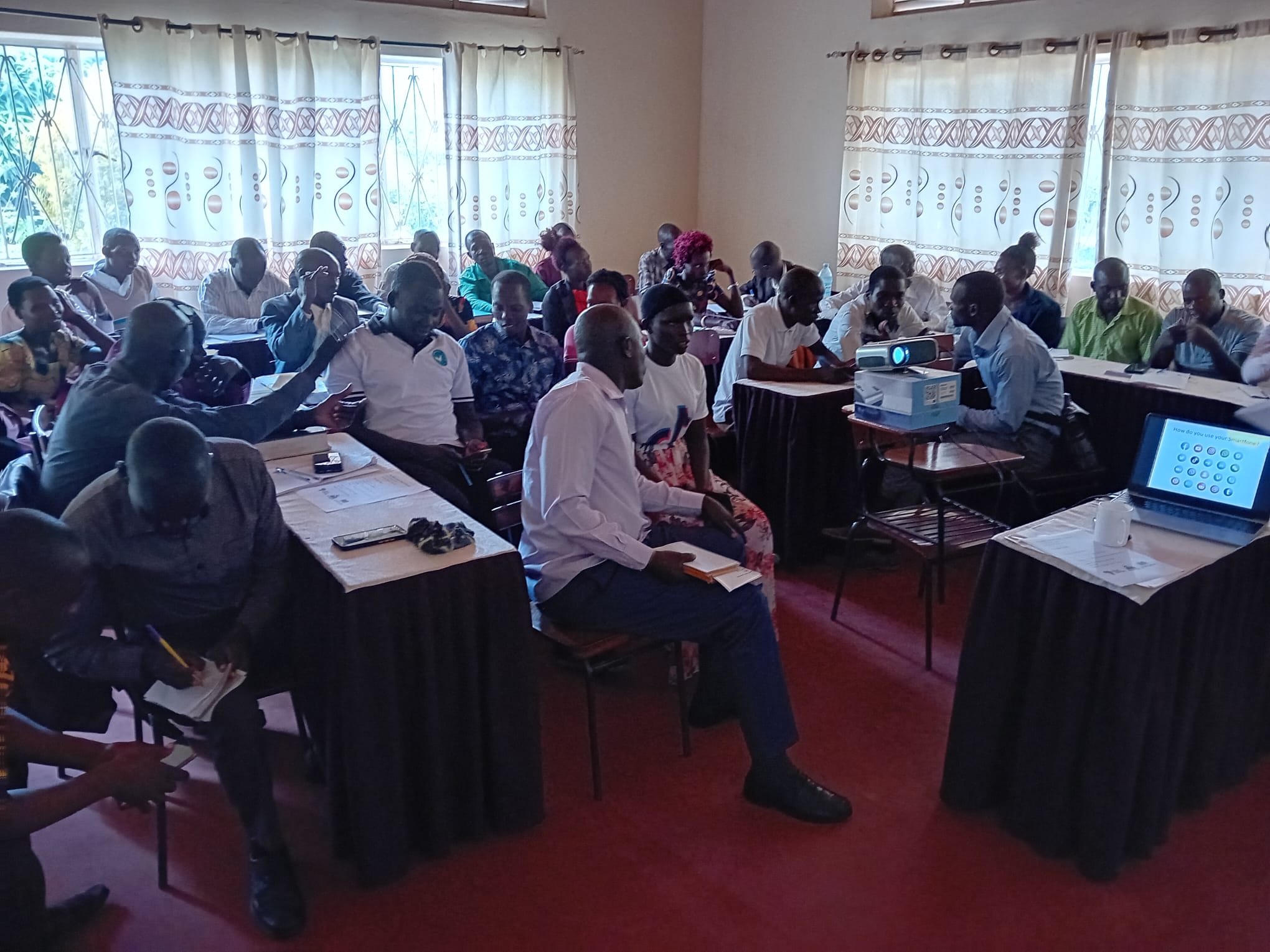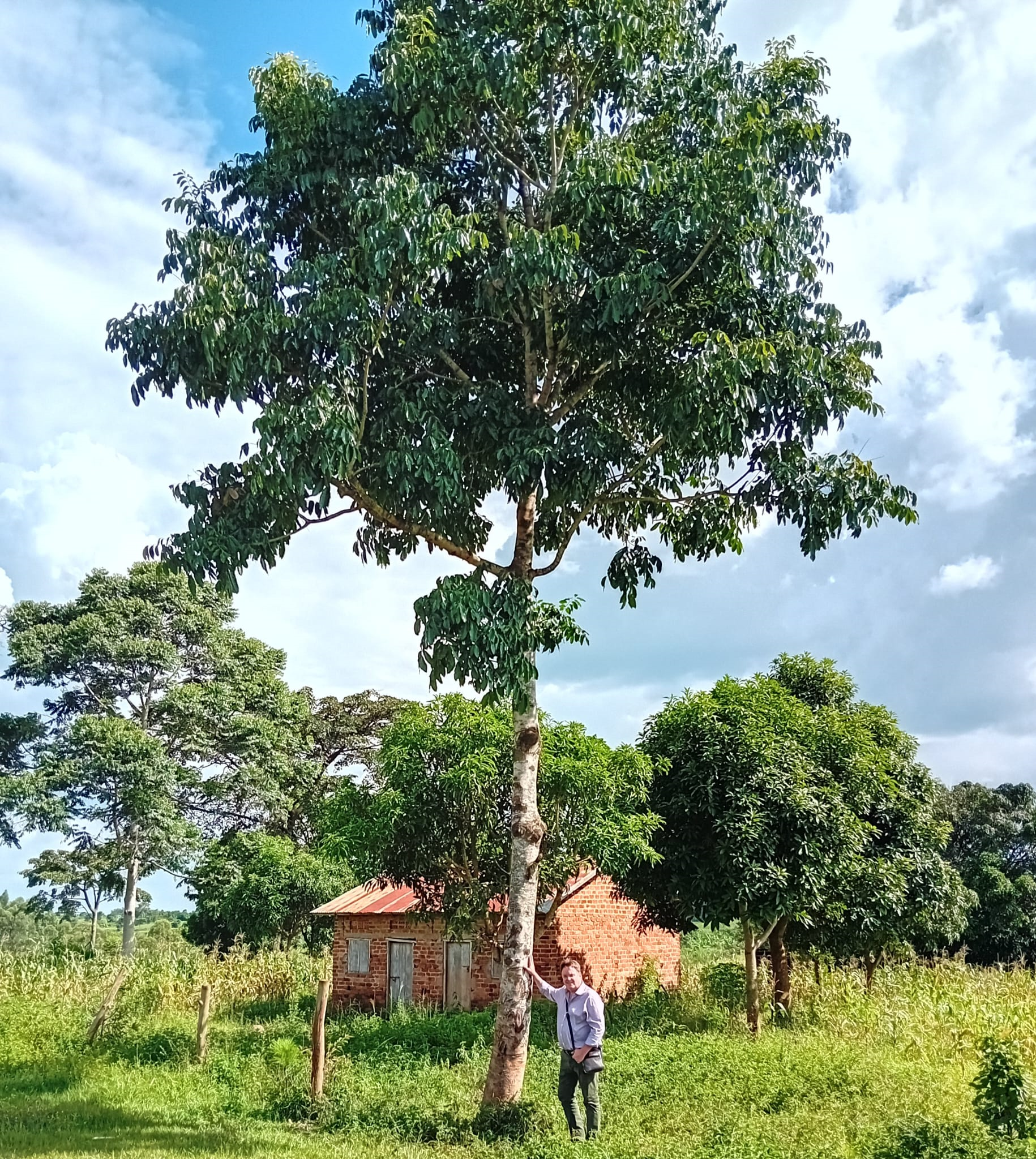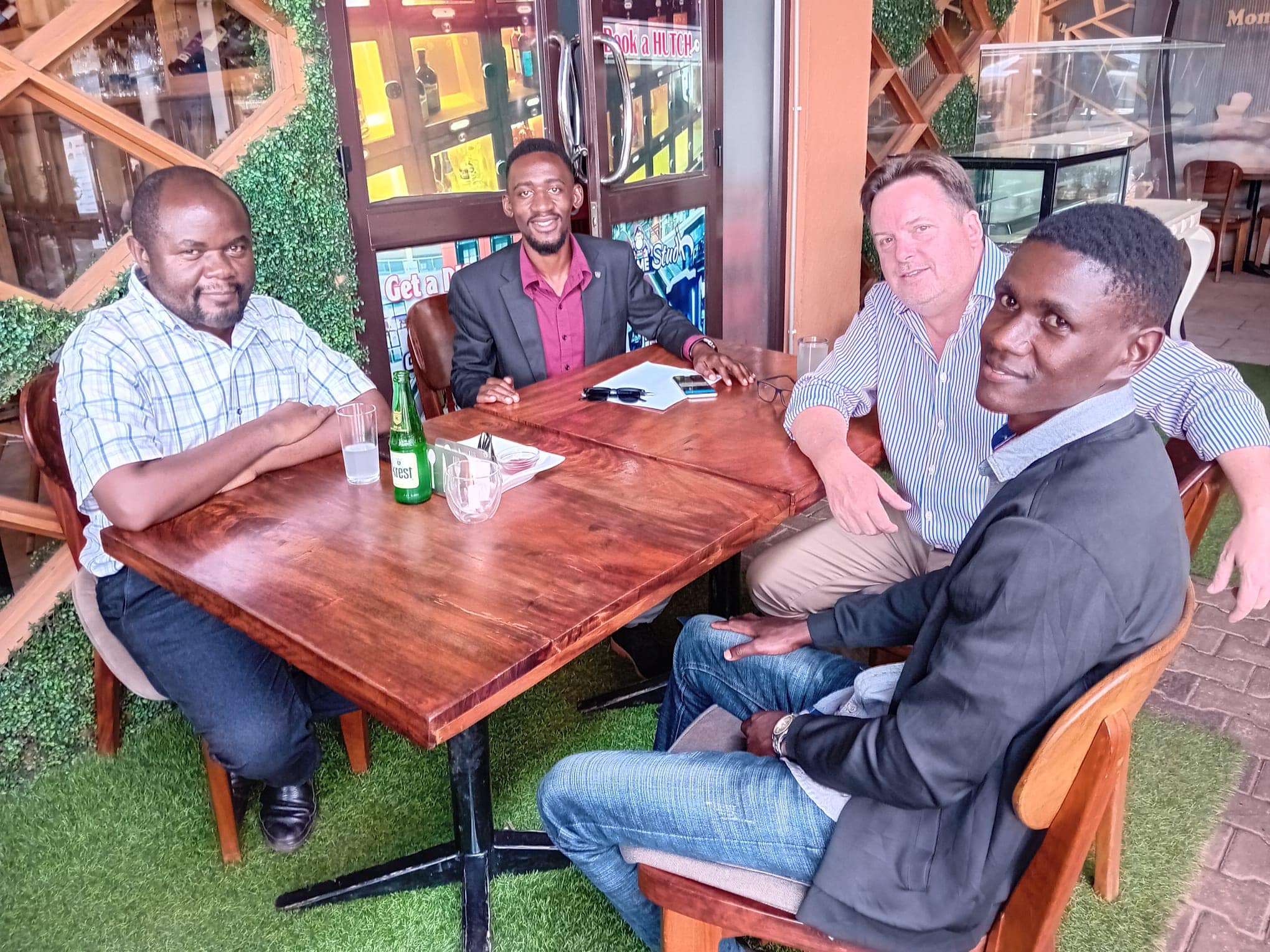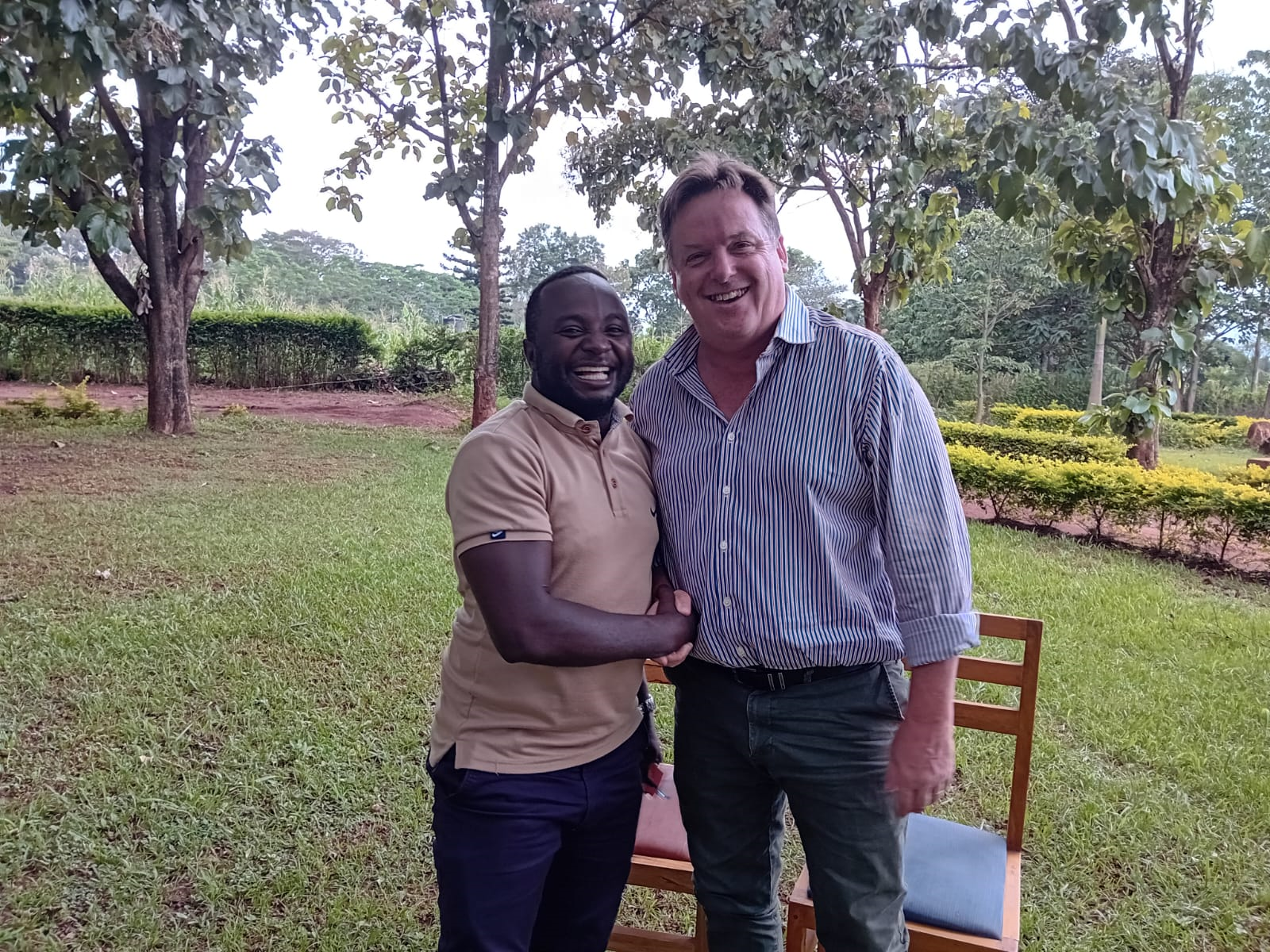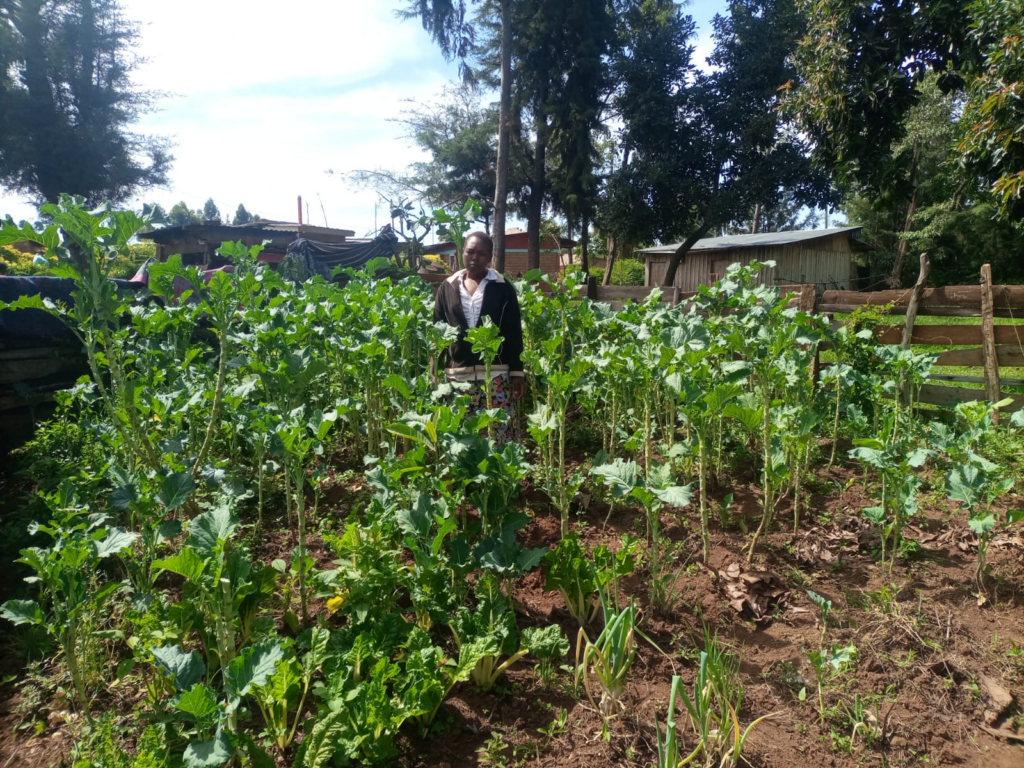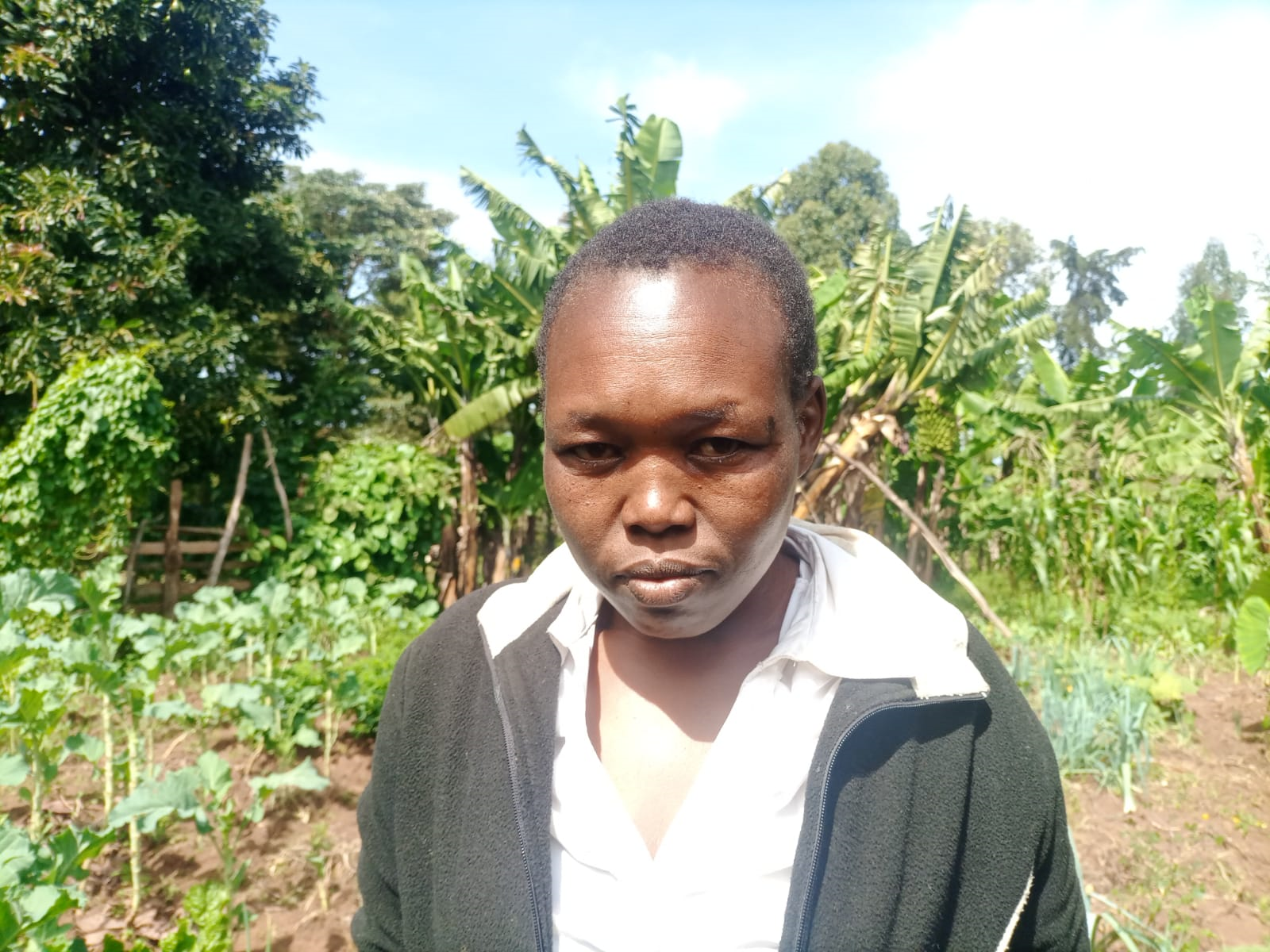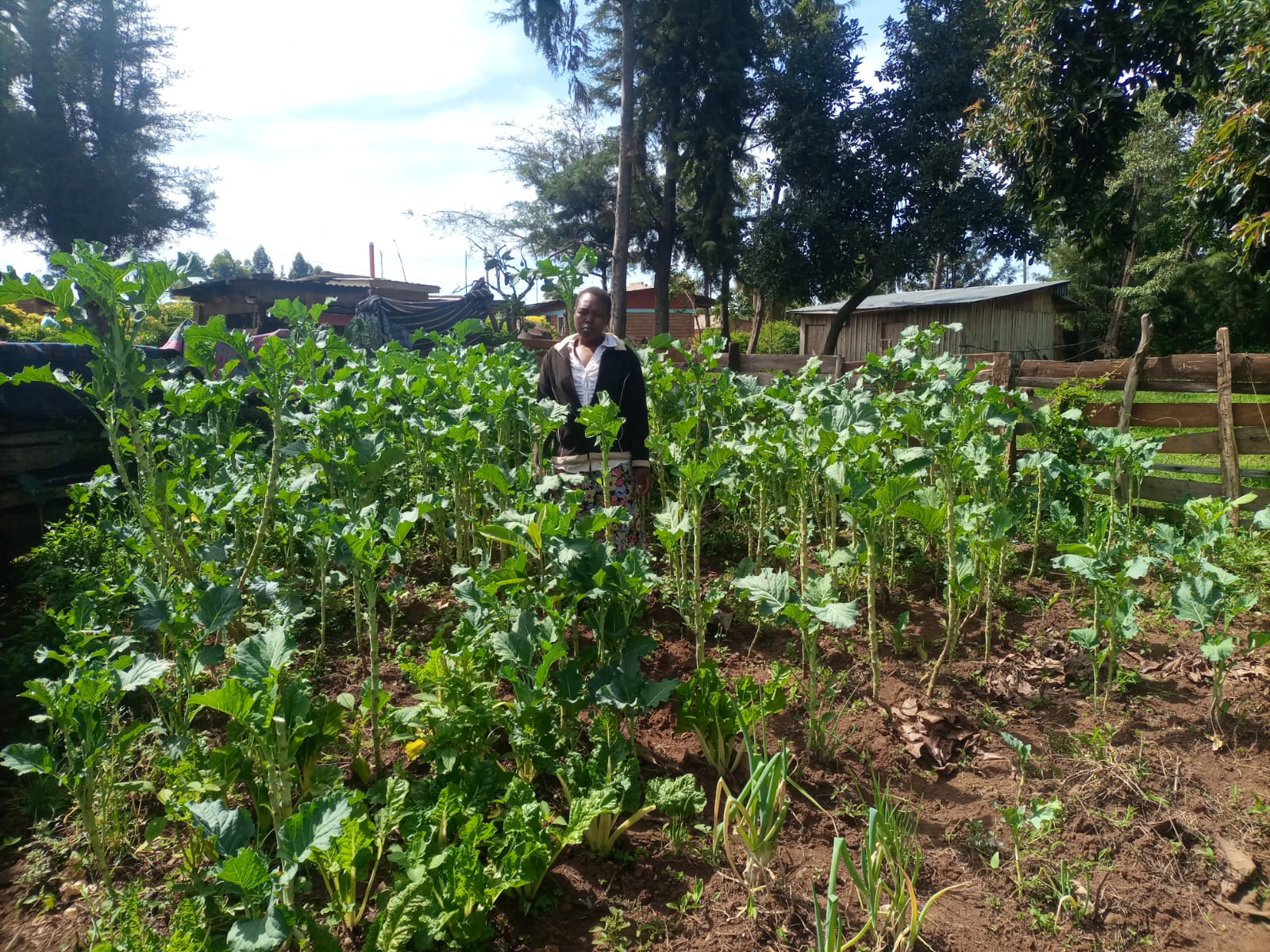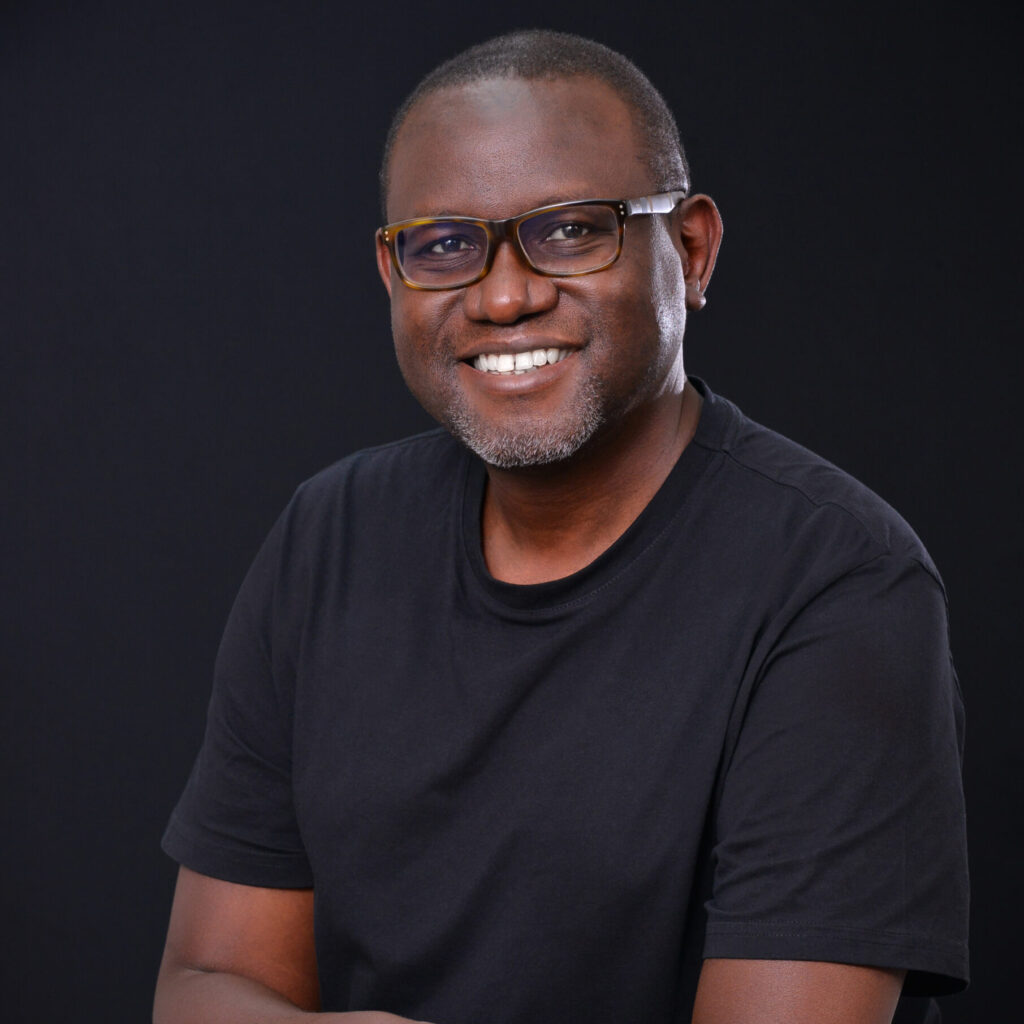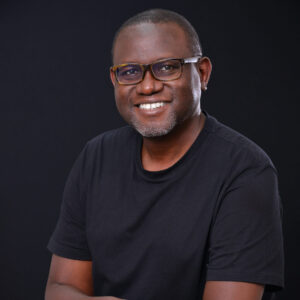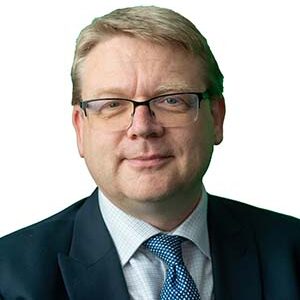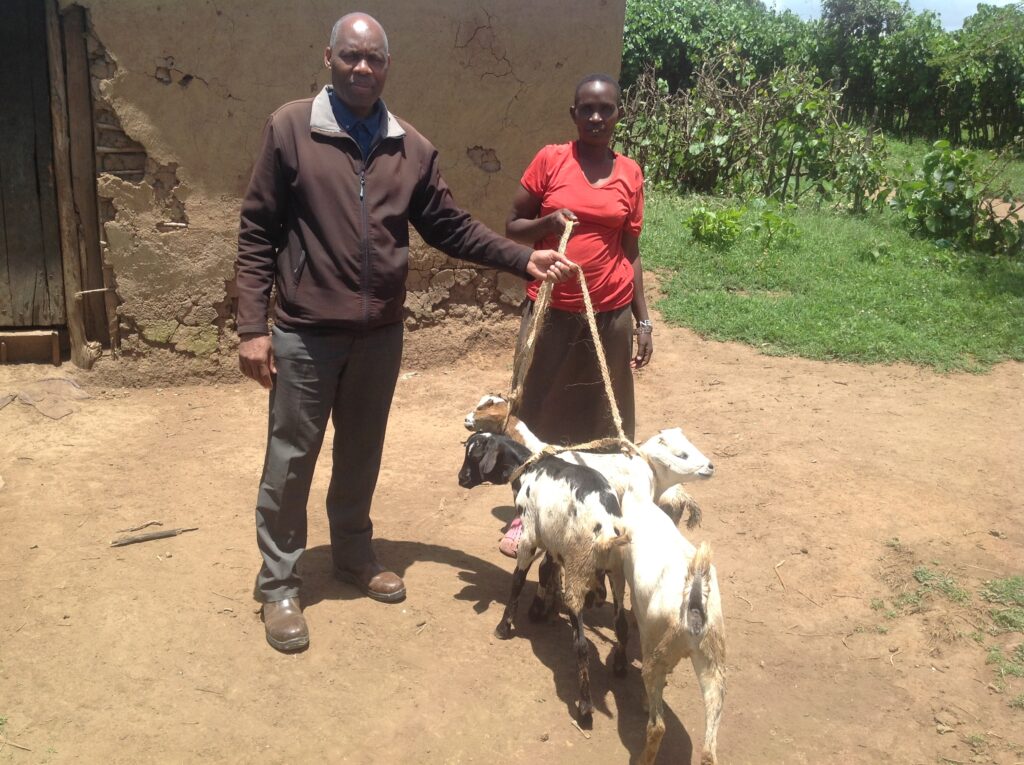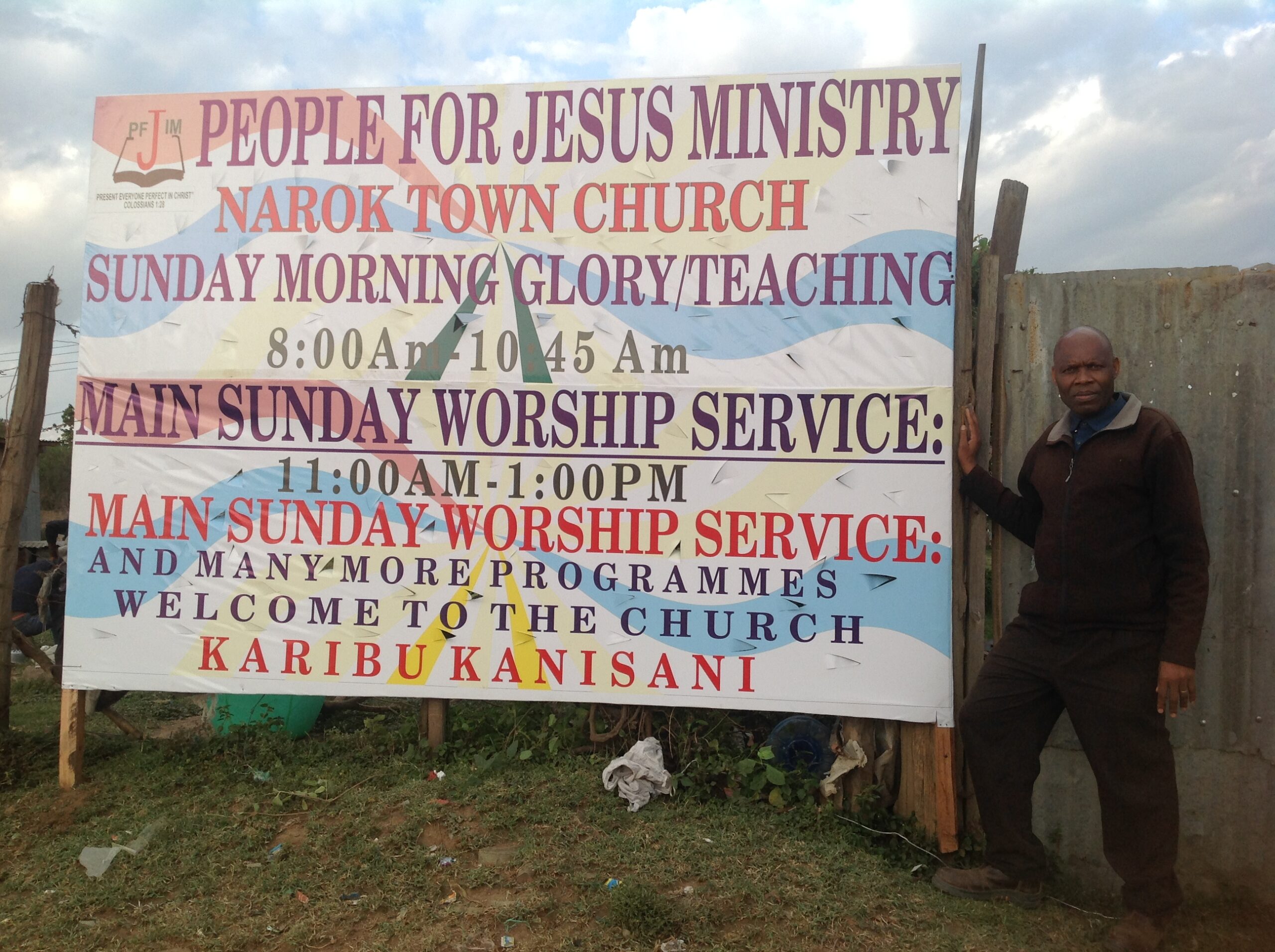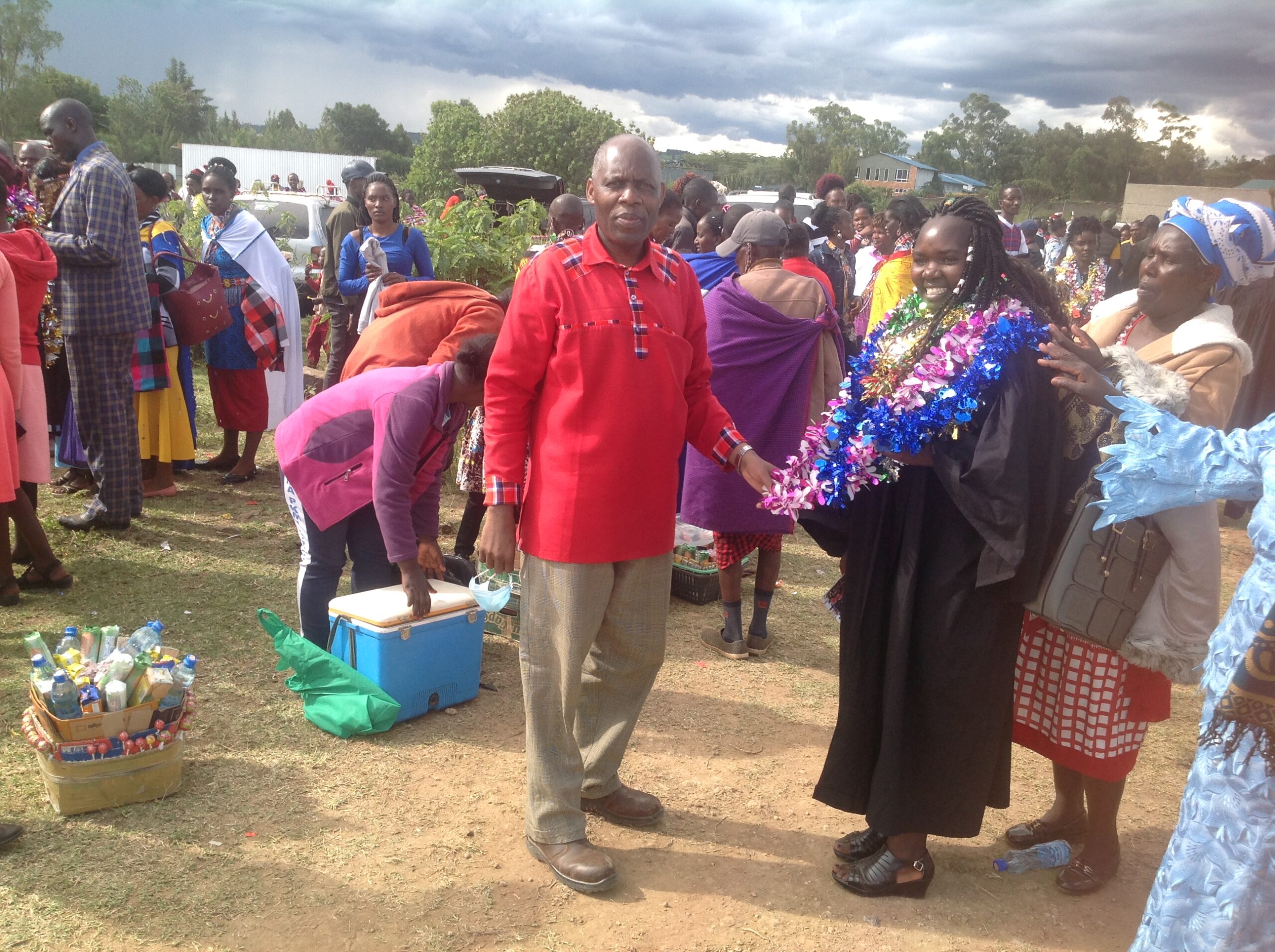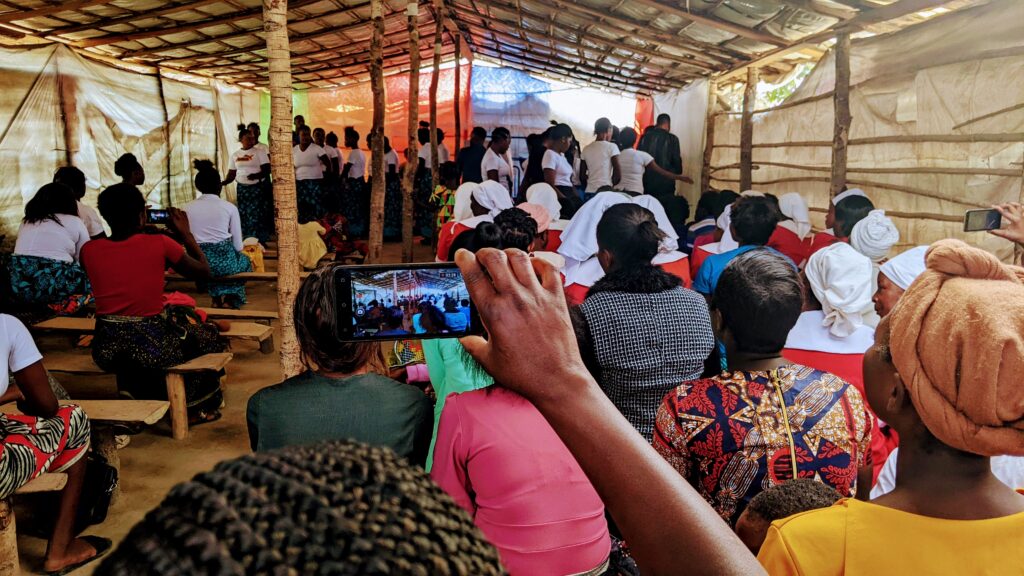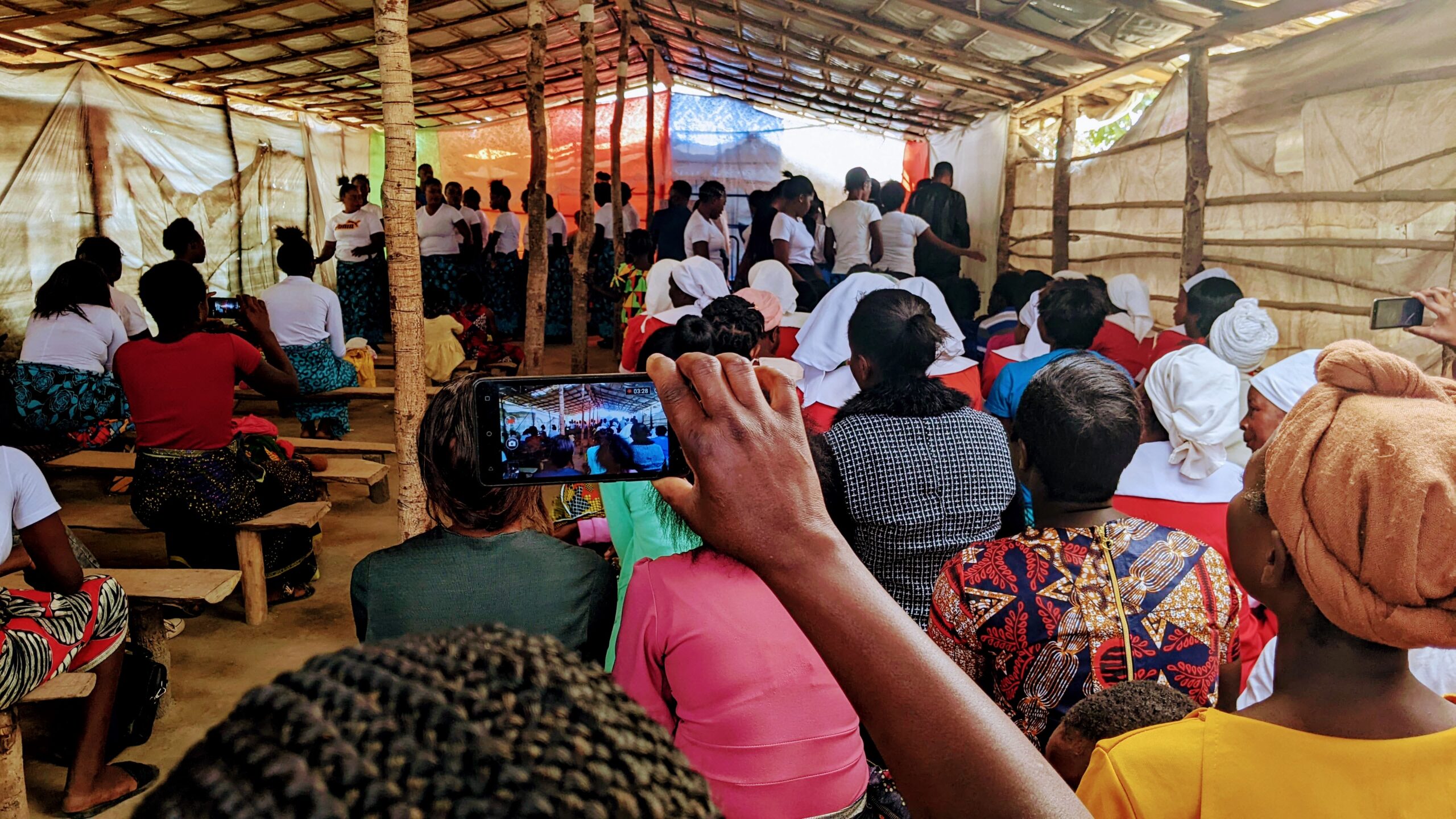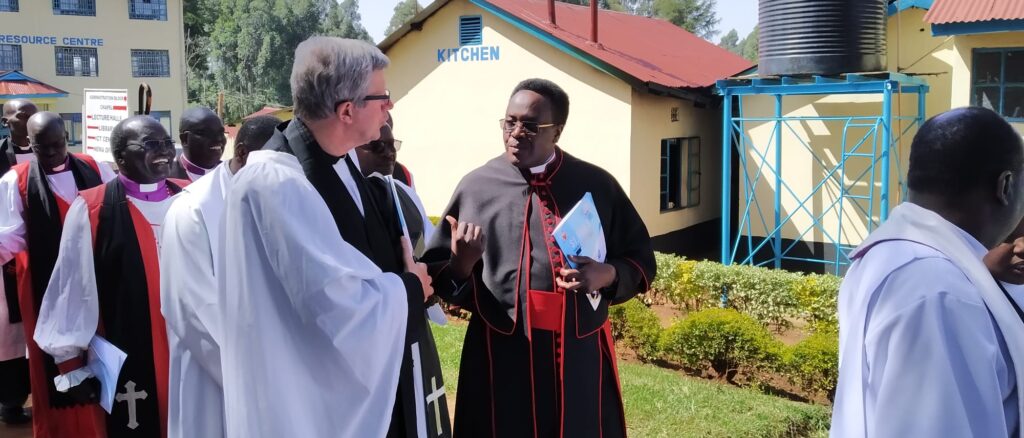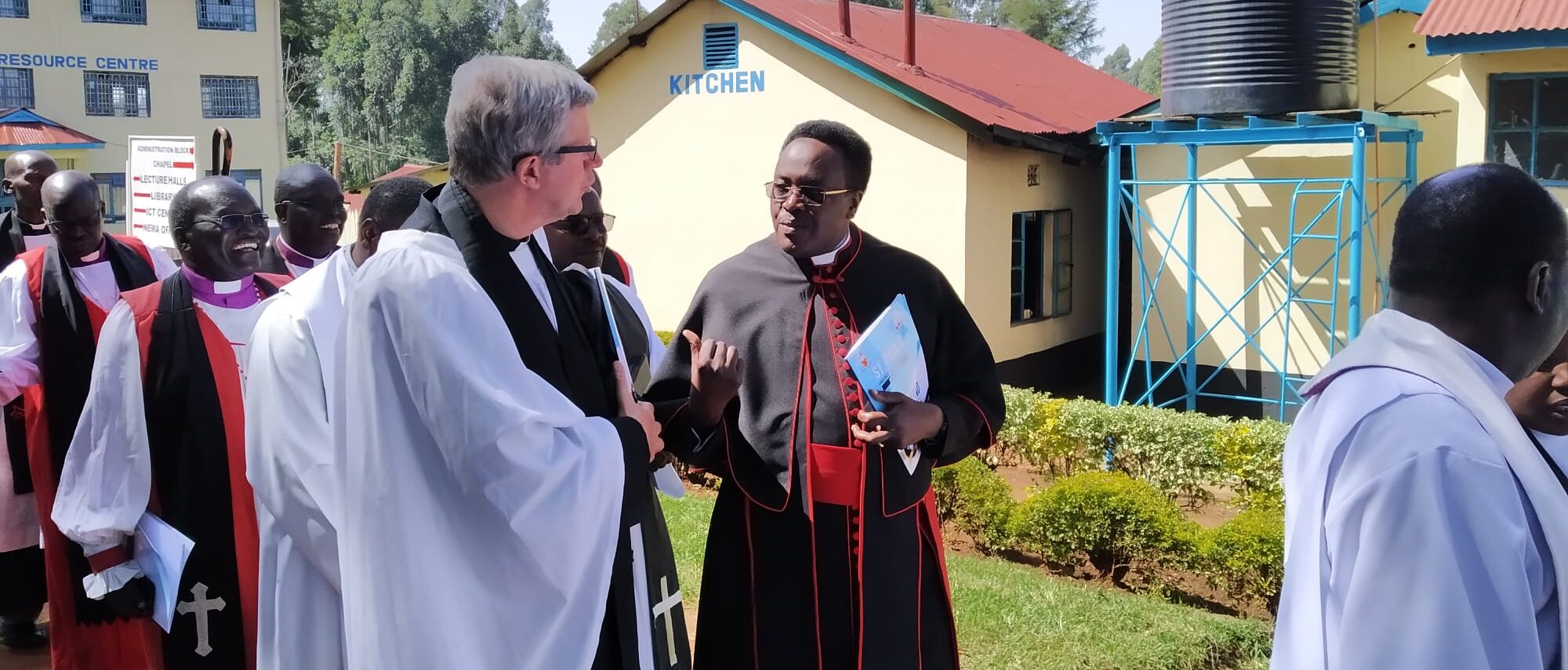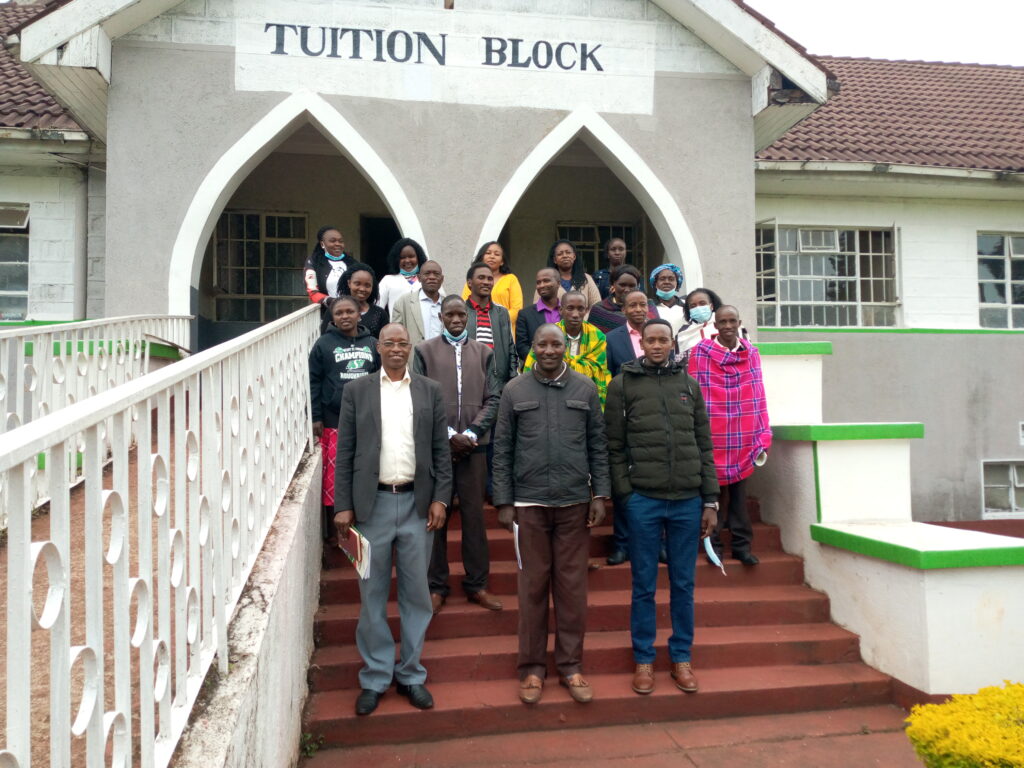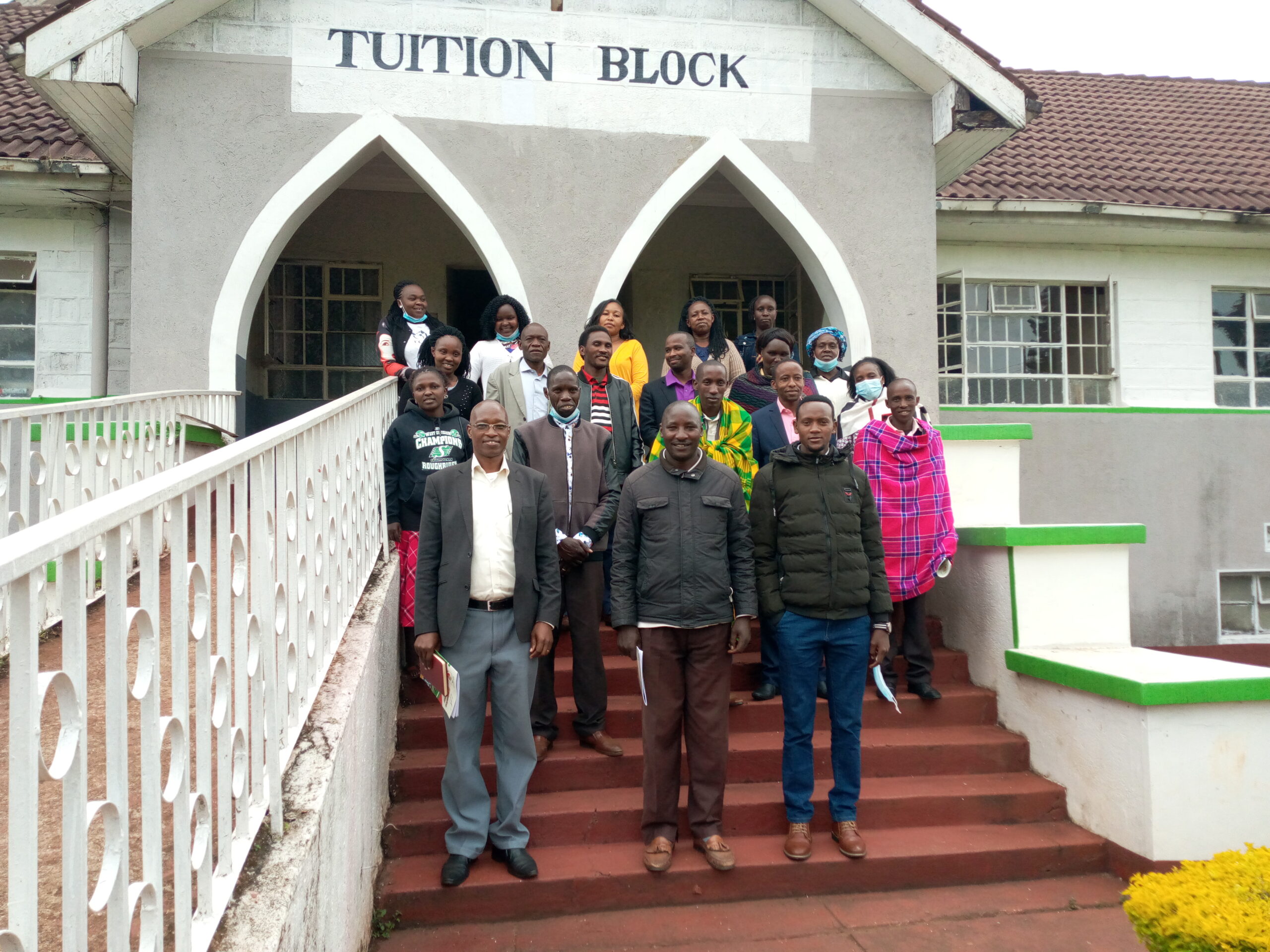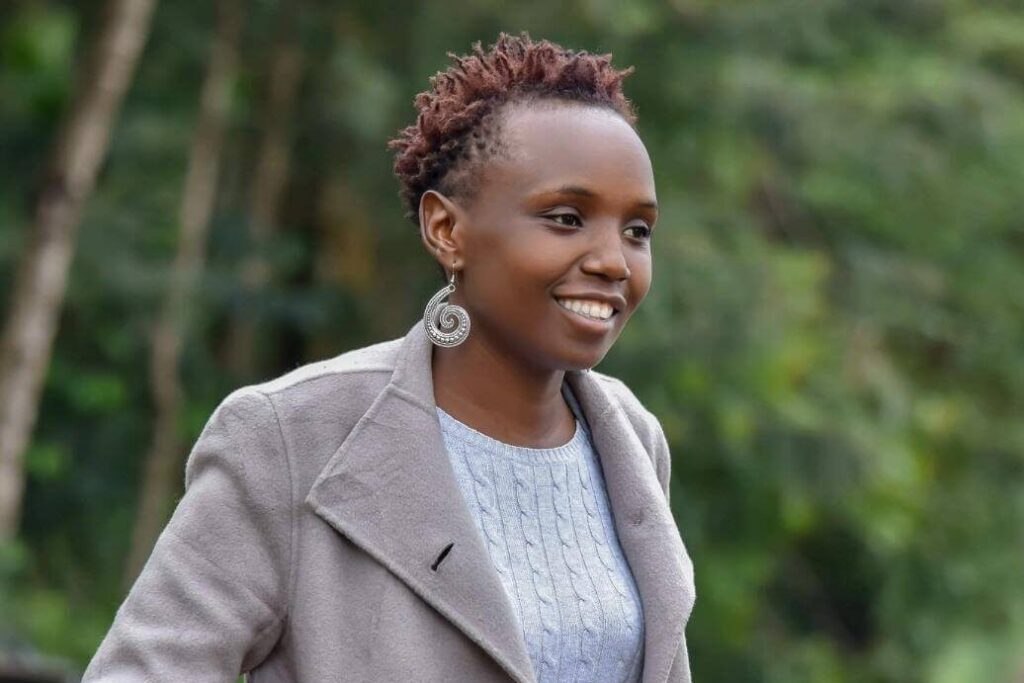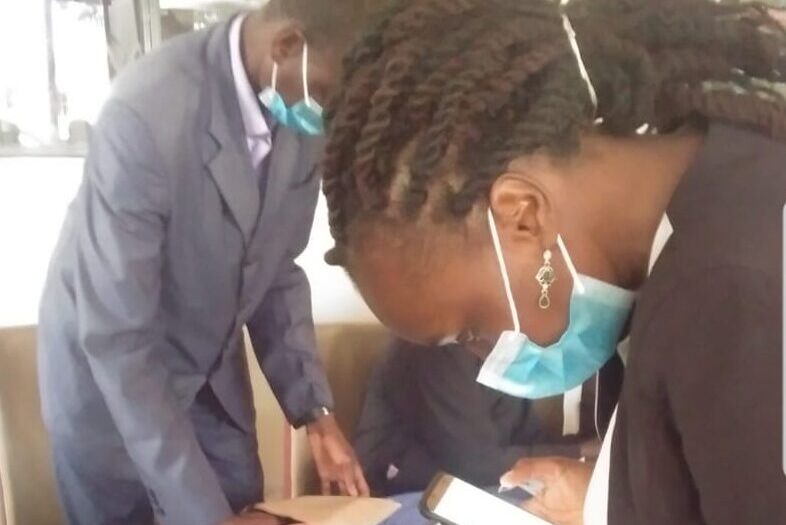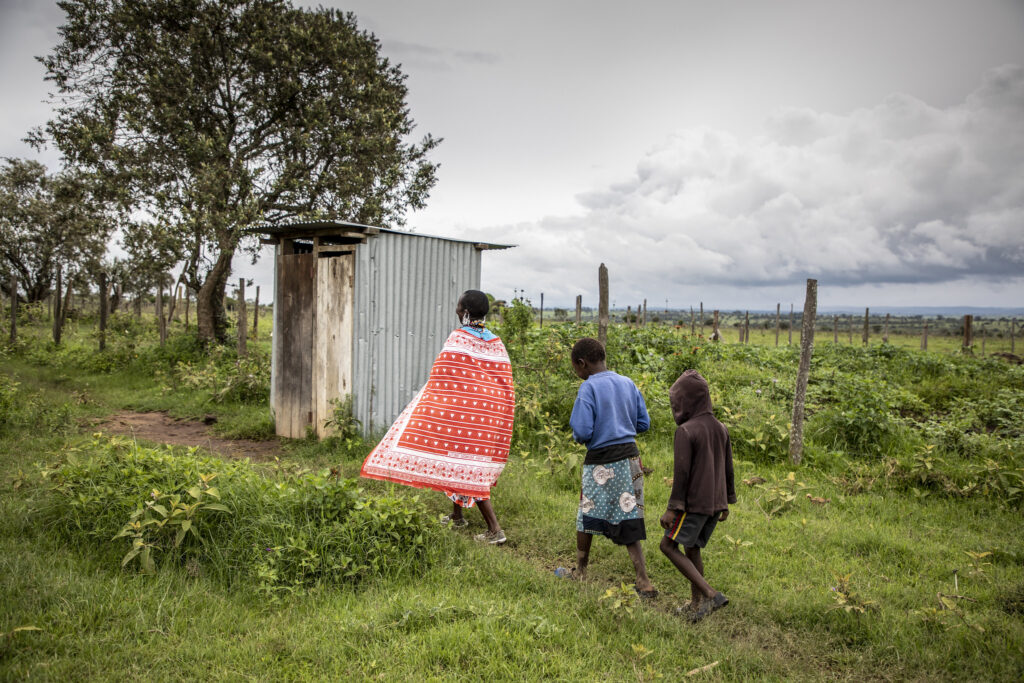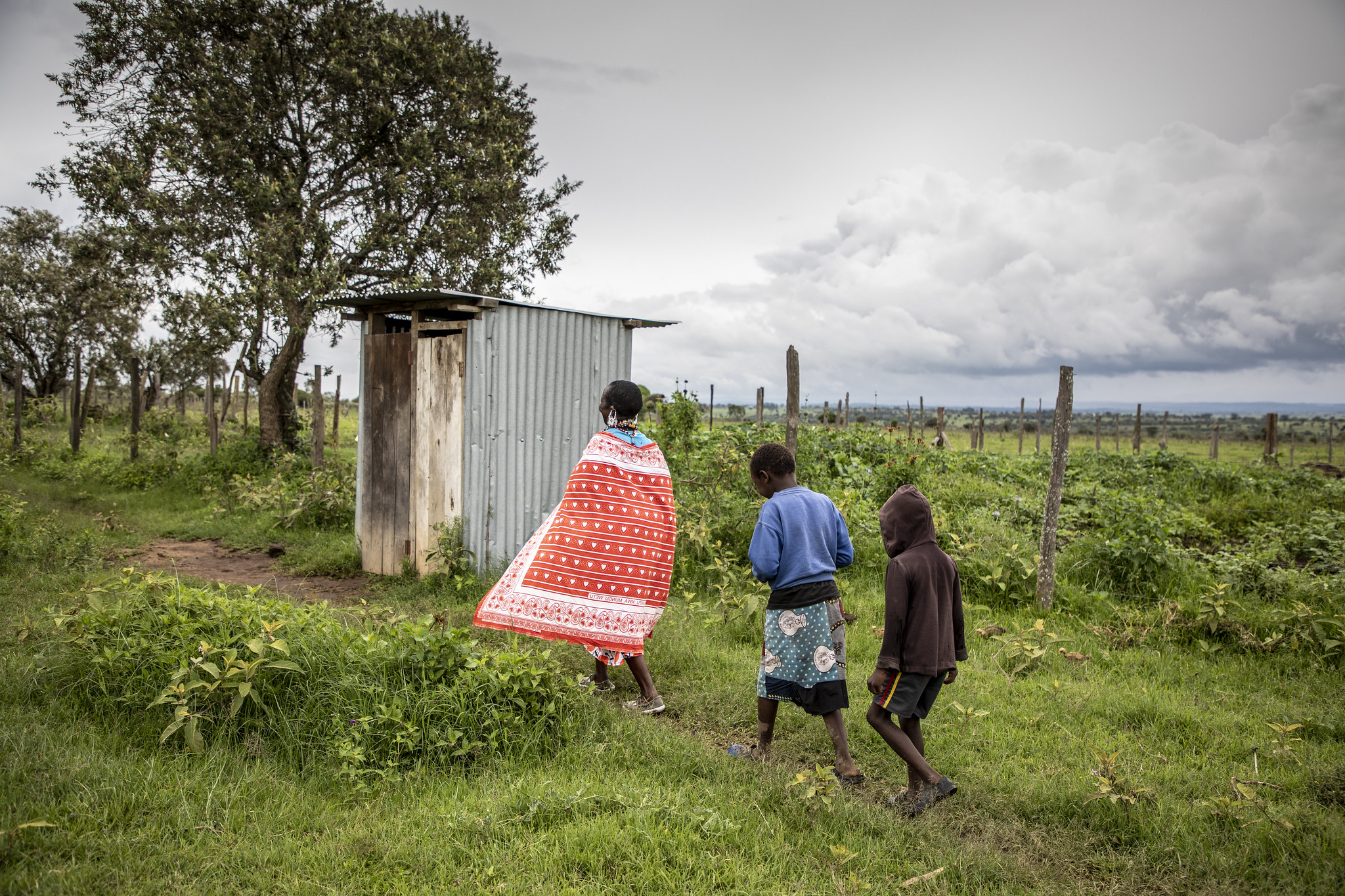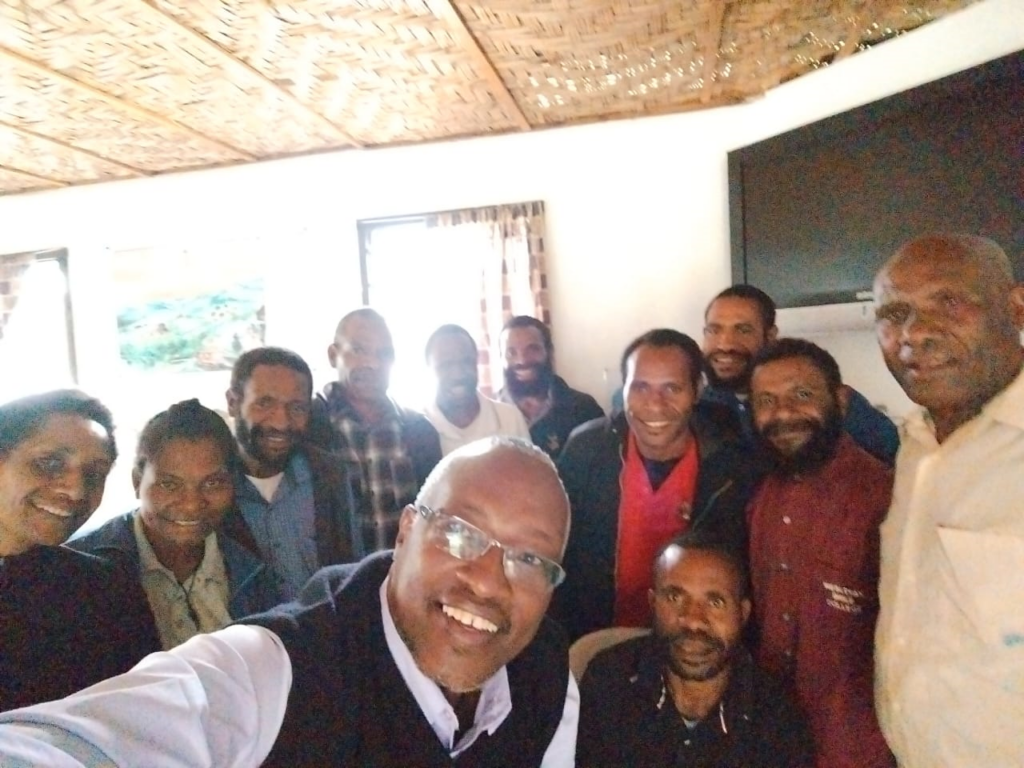
APF partner Walter Rutto from Kenya is in Papua New Guinea to support ministry training. As an African Christian leader, he brings an invaluable level of cultural insight into this deeply animistic and traditional culture. Here’s his latest update.
Dear friends,
I’m writing to you from the heart of Papua New Guinea, having travelled inland to a remote village nestled in the foothills of Western Highlands Province. Today, I had the privilege of sharing the message of God’s kingdom with a community deeply rooted in traditional farming culture.
My sermon, based on the parable of the sower in Luke 8:1-15, resonated deeply with the villagers. They readily connected with the story, easily recognising the four types of hearts described when receiving the gospel ‘seed’. Our discussions delved into the challenges they face and where cultural practices sometimes conflict with the gospel. Amongst deep poverty, there are heartbreaking stories of how local women have been burned alive after being accused of witchcraft.
These practices, like “stones and thorns” in the parable, can choke the growth of faith. We explored the insidious nature of these practices, symbolised by the birds snatching away the seed, representing the influence of the enemy.
During my journey, I was struck by something strange: the village graveyards were notably grander and better constructed than the houses. I asked about this and discovered this was to appease spirits of the dead and prevent them from tormenting the living. This stark contrast between the physical and spiritual realms highlighted the ongoing struggle between animistic beliefs and the message of Christ.
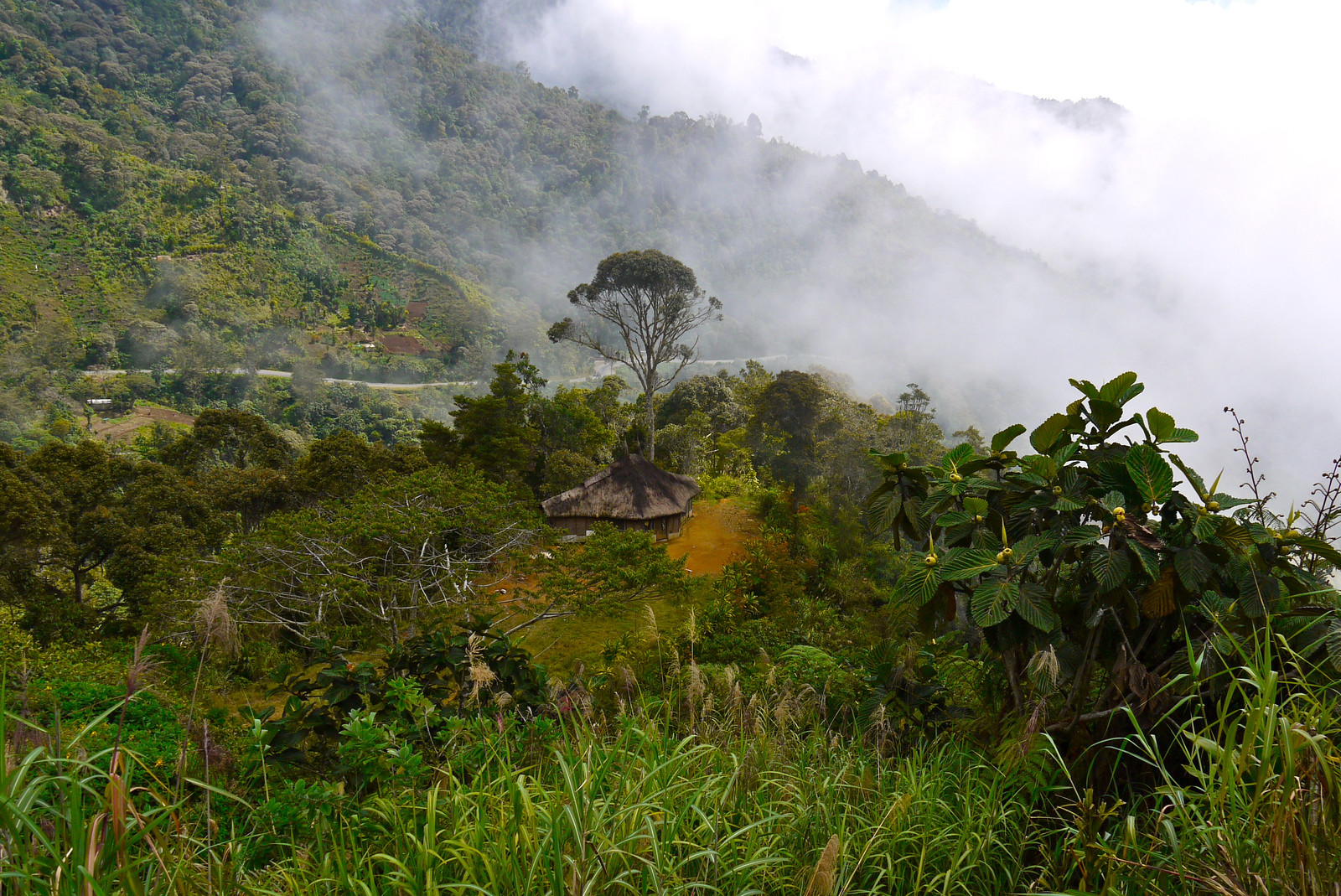
Δ ‘Port Moresby to Mount Hagen’ by Rita Willaert
Licensed under CC BY-NC-SA 2.0
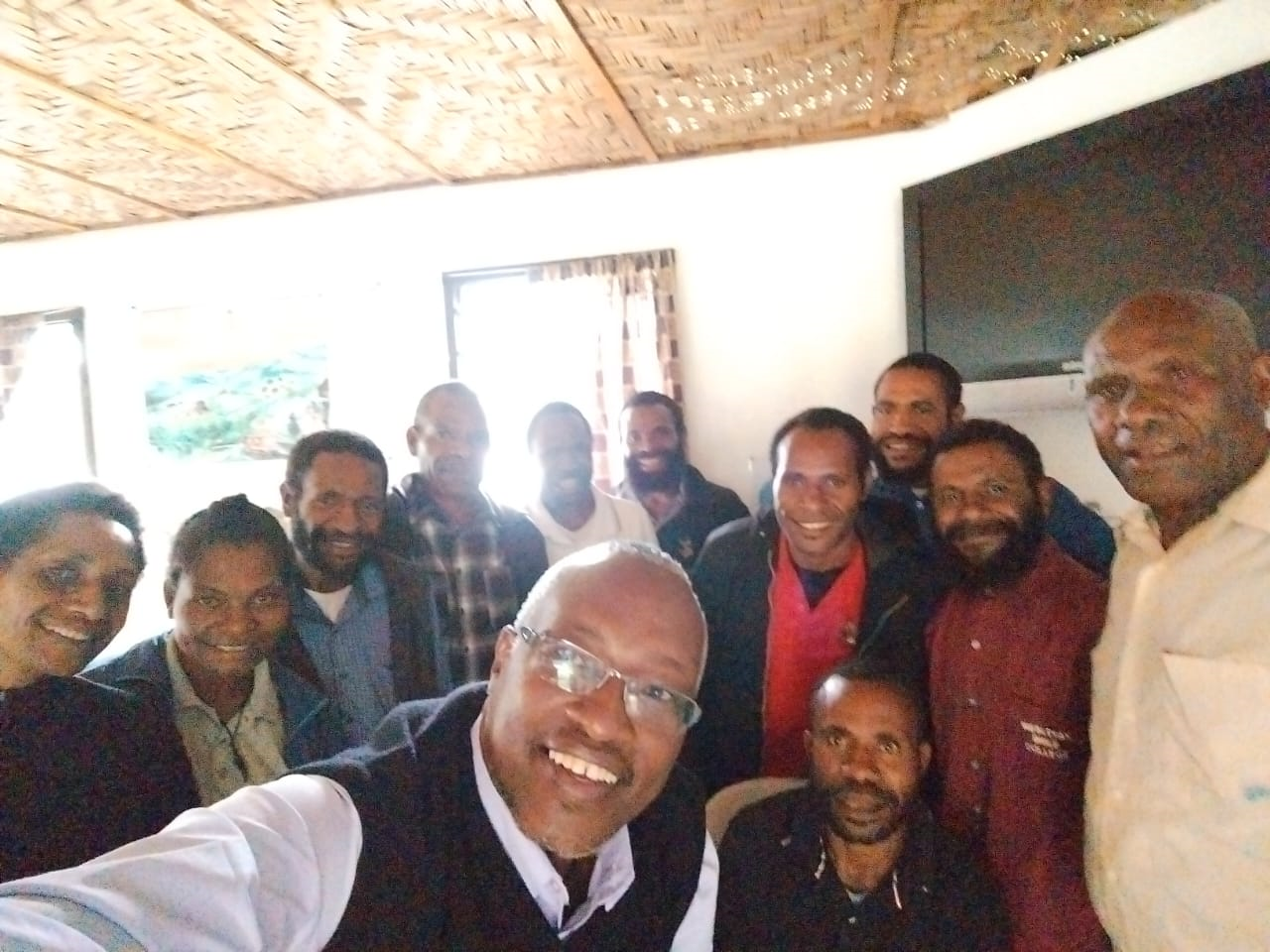
The day ended with a joyful celebration as many stepped forward to accept Christ into their hearts. These warm and welcoming people even expressed a desire for me to stay and continue sharing the gospel.
On my return journey to the city of Mount Hagen, my kind host, Benji, surprised me with a freshly roasted sweet potato. It was delicious.
I now continue working with Christian Union Bible College in Mount Hagen. The college is currently running its training program with students from various churches and while the program is progressing well, many learners struggle with key biblical concepts.
These challenges include ingrained beliefs in polygamy, male superiority, and the influence of evil spirits in daily life. This week, we’ll be exploring the concept of marriage through the scriptures.
Please pray for accurate interpretation while I am here. Please also pray for better translation of resources. The current English-language course material used by the college poses a barrier for many students. Training resources really need to be translated into Tok Pisin, the widely spoken local language.
Thank you for your continued prayers as I take this journey, sharing the light of the gospel and witnessing the transformative power of faith in communities in Papua New Guinea.
In Christ,
Walter

